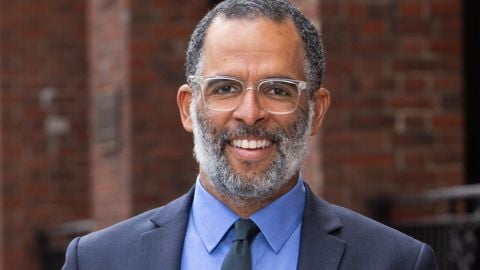Cybercrime has recently experienced an ascending position in national security agendas world-wide. It has become part of the National Security Strategies of a growing number of countries, becoming a Tier One threat, above organised crime and fraud generally. Furthermore, new techno-social developments in social network media suggest that cyber-threats will continue to increase. David S. Wall researches and teaches cybercrime, identity crime, policing and intellectual property crime (counterfeits) at the University of Leeds, UK. He has published books and articles and on these subjects and he also advises government departments and other bodies on aspects relating to these issues. He has a sustained track record of funded research in these areas for the EU FP6 & FP7, ESRC, EPSRC, AHRC & others.
Image courtesy of interviewee. April 2, 2019






